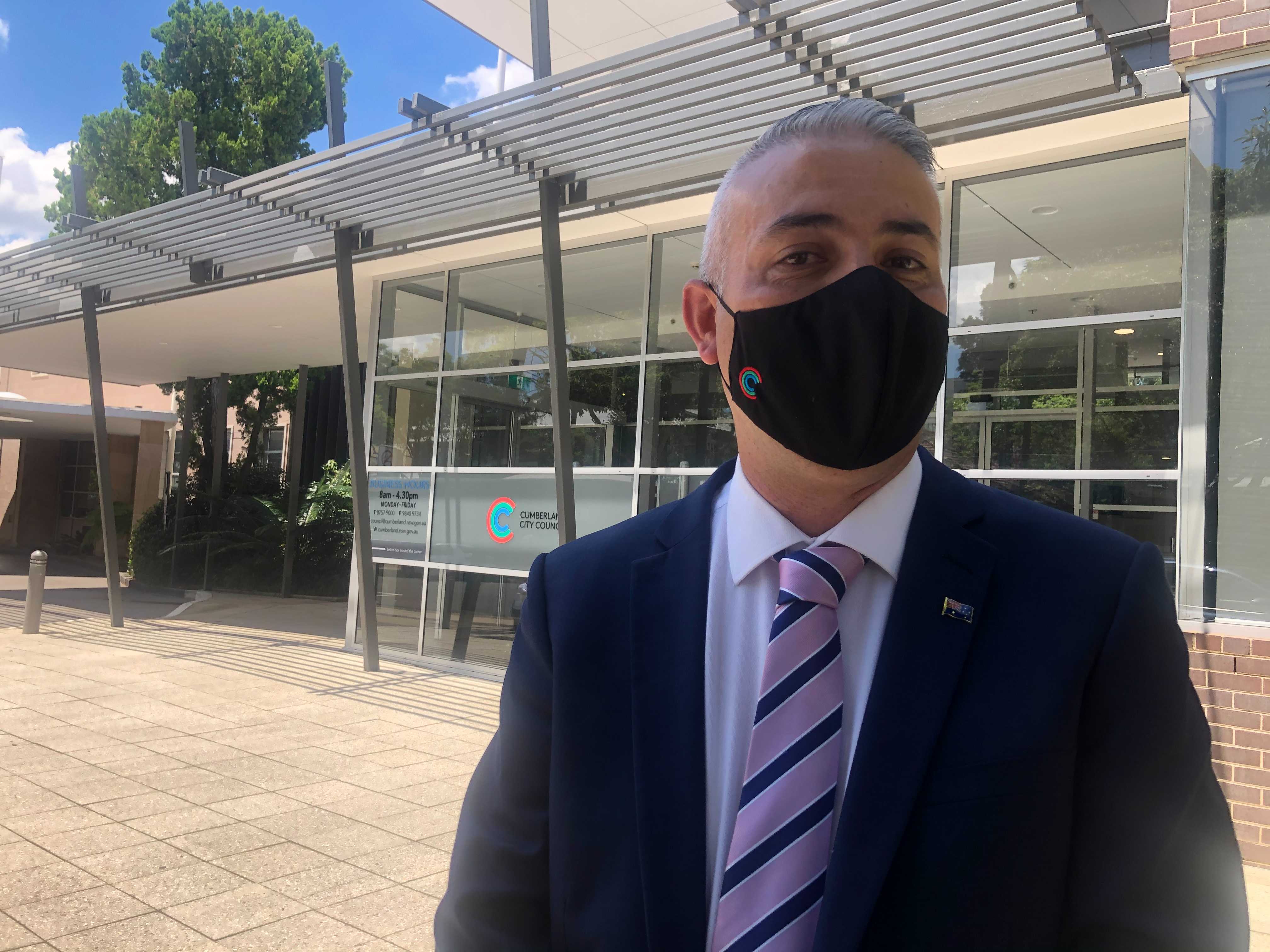NSW health authorities are urging people in some regional areas and multicultural communities to get tested for COVID-19, as the state records four new community infections.
A total of eight new cases were reported in the 24 hours to 8pm Monday: four local infections and four in hotel quarantine.
However, authorities on Tuesday morning became aware of another case who travelled through regional parts of the state during a camping trip.
The 18-year-old travelled through Nyngan, Orange and Broken Hill on the trip and his infection will be officially included in Wednesday’s caseload. People from Nyngan, Orange and Broken Hill are being urged to get tested.
“Clinics will be set up in due course. This is a reminder of what can occur for people who are moving out of Sydney,” NSW deputy premier John Barilaro told reporters on Tuesday.
The four local cases recorded to 8pm on Monday include two previously announced in the Berala BWS cluster in Sydney’s west, taking it to a total of 15. The other two include a household contact of a Croydon case and another case under investigation that is likely to be linked to the Berala cluster.
There were 26,391 tests reported to 8pm Monday, compared with the previous 24-hour period’s total of 22,275.
Visitors to Orange’s Birdie Noshery and Broken Hill’s Gourmet Cribtin at certain times on 2 and 3 January are considered close contacts and must isolate for 14 days, NSW Health said on Tuesday.
There are also alerts for Nyngan’s Riverside Tourist Park and BP petrol station, and Broken Hill’s Shell petrol station for specific times over the weekend.
NSW Health is updating its list of exposure sites across the state here.
Multicultural messaging
Authorities on Tuesday pleaded with residents in Sydney’s west to get tested for COVID-19 in greater numbers given the ballooning Berala cluster.
According to 2016 Census figures, the suburb is highly multicultural, with nearly 80 per cent of residents speaking a language other than English at home.
Health Minister Brad Hazzard on Tuesday asked multicultural leaders in Berala to encourage testing.
“The community around Berala is a very vibrant, multicultural part of Sydney,” he said.
“What I would ask is that community leaders step forward and make sure your particular community hears the message. You know best how to reach out to each of these community.”
Dr Olataga Alofivae-Doorbinnia, a general practitioner in Berala, is among them. He urged people of diverse backgrounds to come forward for testing if they detect symptoms.
“I would say to all our multicultural people out there, please don’t be shy. This is a very important test, it is done very professionally and it is very straight forward,” he told SBS News.
Cumberland City Council Mayor Steve Christou said authorities have been in touch with local faith leaders and sporting groups, and will organise a letterbox drop in eight different languages.
“We have a list of 500 community leaders who we are emailing, we’re on the phone,” he said.
He also moved to reiterate COVID-19 testing was free after hearing reports from multicultural communities some people thought they had to pay.
“Get tested, it’s free. We’re here to back you when you back the community,” he said.
Mr Hazzard said “a whole range of efforts” are going out to try to make sure that health messages reach multicultural communities.
“There’s advice going to the local community radio stations in individual languages from the multicultural community. There’s also written advice, social media going out in a number of different languages,” he said.
The federal and Victorian governments came under fire last year after errors were uncovered in the translations of key health messages.
People in Australia must stay at least 1.5 metres away from others. Check your jurisdiction’s restrictions on gathering limits.
If you are experiencing cold or flu symptoms, stay home and arrange a test by calling your doctor or contact the Coronavirus Health Information Hotline on 1800 020 080. News and information is available in 63 languages at sbs.com.au/coronavirus.
Please check the relevant guidelines for your state or territory: NSW, Victoria, Queensland, Western Australia, South Australia, Northern Territory, ACT, Tasmania.







